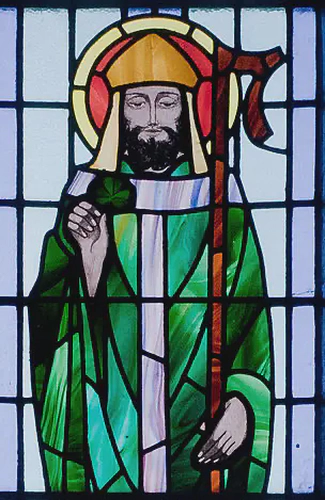- Home /
- bagpipe articles /
- St. Patrick's Day Parades
St. Patrick's Day Parades
WW1 - pipe regiments posters

St. Patrick’s Day parades celebrate Irish culture and heritage, featuring colorful floats, bagpipe bands, dancers, and participants in traditional Irish attire.
These parades take place in cities across the globe, particularly in regions with large Irish communities, such as the United States, Canada, and Europe. It’s a festive day filled with music, dance, and Irish pride, often accompanied by street performances and family-friendly events. Each parade brings together communities to honor St. Patrick, the patron saint of Ireland.


St. Patrick
Born in: Roman Britain
Patron of: Ireland
Feast Day: March 17
Significance: St. Patrick is credited with bringing Christianity to Ireland and is known for using the shamrock to explain the Holy Trinity to the Irish people.
Legends
- Banishing Snakes: Legend has it that St. Patrick banished all snakes from Ireland, driving them into the sea.
- Use of the Shamrock: St. Patrick is said to have used the three-leaved shamrock to explain the concept of the Holy Trinity to the pagan Irish.
- St. Patrick's Breastplate: A prayer known as St. Patrick's Breastplate is attributed to him, invoking God's protection in various situations.
St. Patrick's Day Traditions
- Wearing green clothing or accessories
- Attending parades
- Listening to Irish music
- Listening to Bagpipes
- Eating Irish food
- Attending church services